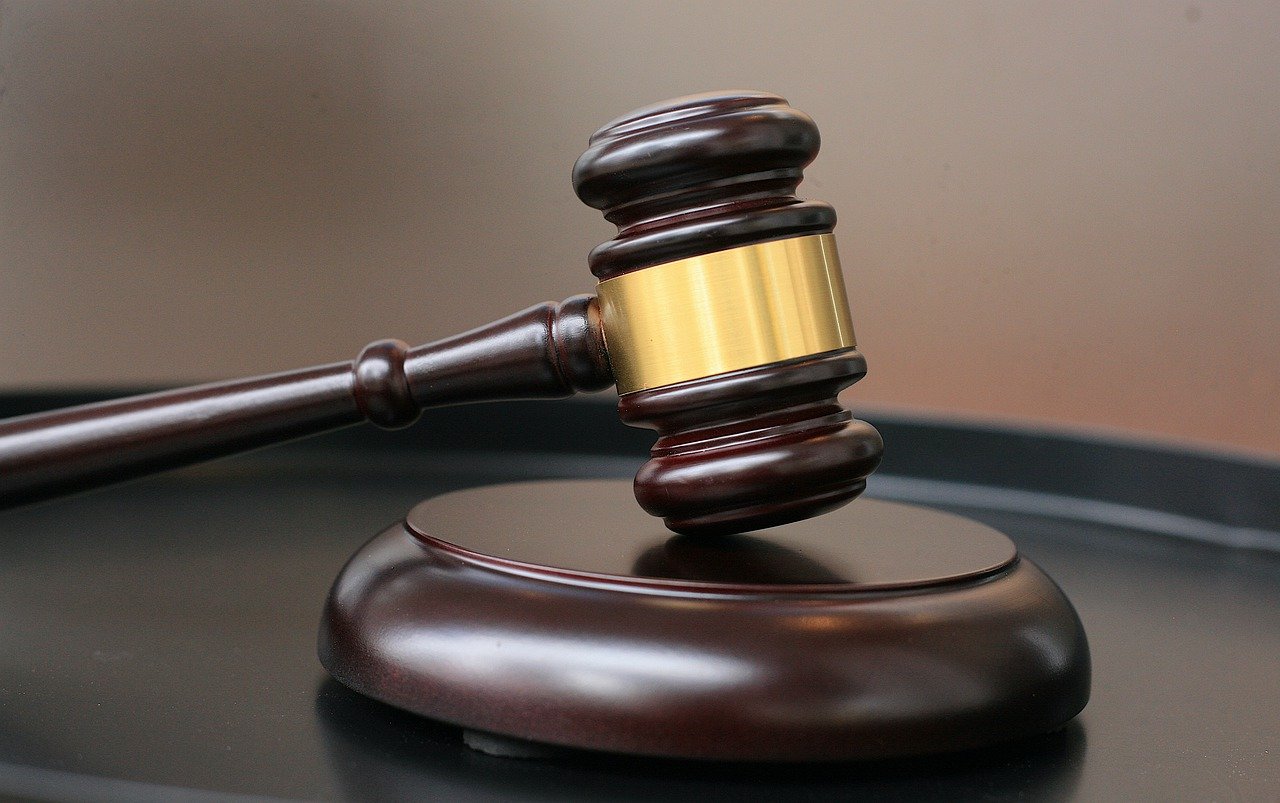I dug through my screenshot folder earlier today when I saw this article on Journal […]
Tag: it’s probably a conspiracy
Big 4 Lawsuits: Ex-PwC Partner vs. PwC, Deloitte Partner vs. Deloitte Australia, EnviroNet vs. EY
Plus, two Deloitte partners implicated in U.K. insolvency lawsuit, and KPMG gets out of $1.1 […]
Big 4 Lawsuits: Ex-PwC Partner vs. PwC, Deloitte Partner vs. Deloitte Australia, Watchstone vs. PwC U.K.
On the docket: wrongful termination, age discrimination, and conspiracy! Former PwC partner sues company, claims […]
Sir David Tweedie Confirms Your Accounting Firm Mafia Suspicions
As you probably remember, head knight of the double-entry accounting round table, Sir David Tweedie, is retiring in a few months to be replaced by this guy. Until then, however, the wily Scotsman will be running the show and he’s still pitching IFRS as if the life of the financial reporting universe depended on it. Just like Bob Herz, he’s in this thing until the very end.
CFO has a brief Q&A with SDT and despite the USA’s pussyfooting around the issue, he manages to rush to our defense at the suggestion of haters that the IASB should give us the “throw the bums out” treatment:
Some critics grumble that if the United States does not adopt IFRS, it should be ousted from the IASB and the board of trustees. What’s your opinion?
I get quite angry at some of the comments we get insisting that the United States be ousted. People say that America would have to come around because the U.S. share of global-market capitalization is falling all the time. The complaint is, “We’re not having [the United States] tell us what to do if they don’t use international standards.” I can understand that, and you can have international standards without the United States. But you can’t have global standards without the United States. So there is more work to be done on that issue.
So in other words, suck it world! You can keep your international standards. We’ve got a knighted Scotsman who even said you’ll make due without us. Call it whatever you like, just don’t call it “global” without us. Because you can’t spell “global” without “A”… which stands for…er….”America.” BASTARDS.
[BREATHE] Never mind that. The most interesting bit is that Tweeds appears to blow the lid of the Big 4 omertá:
What’s been your experience with professional judgment? Many U.S. practitioners say a heavy reliance on judgment won’t work in America’s litigious environment.
As a technical partner at KPMG, I was always being asked to evaluate situations that were outside of issued guidance. It’s the same in the United States — you get questions you’ve never thought about before, and there’s nothing in the standards addressing it. So you kick it around with the client, the client partners, and other senior partners in the firm. You come up with a position.
[My approach was to] ring up Deloitte, for example, and say, “Have you had one of these [situations]?” There is sort of a technical-partner mafia that gets together and says, “Yeah, we had one of these.” So, in a way, the profession fixes the problems.
So whether this is happening under the nose of the brass or with their full and unmitigated support can’t be determined, although we won’t be surprised if the old man ends up “retiring” early.
Tweedie Takes a Bow [CFO]
Does Anyone Care About Fair Value Anymore?
Fair value is a simple enough concept even if you aren’t an accountant: stuff is worth what you could sell it for in the normal course of business, so that’s what you value it as when you’re adding up the value of the stuff you have. Easy, right? Not so easy when it comes to convergence.
The IASB has already expressed distaste for our fair value rules (among other things) and Accounting Onion recently shared some concerns that convergence might require a reasonable definition of “High Quality Accountant Standards” (abbreviated HQAS” by AO) agreed upon by both FASB and the IASB. So far I haven’t seen it, has anyone else?
Wait, AO launches off into it f han I ever could.
Moreover, if there are some doubts as to what HQAS is, the SEC’s view could have been attended to more closely at the outset of formal convergence efforts (October 2002); for surely the SEC had convergence in mind when they published their congressionally mandated (see the Sarbanes Oxley Act, Section 108(d)) report on the feasibility of “principles-based” accounting standards in August 2003. According to the SEC, the “objectives-oriented” standards they are looking for from a standard setter should possess the following qualities:
“Be based on an improved and consistently applied conceptual framework;
Clearly state the accounting objective of the standard;
Provide sufficient detail and structure so that the standard can be operationalized and applied on a consistent basis;
Minimize exceptions from the standard;
Avoid use of percentage tests (“bright-lines”) that allow financial engineers to achieve technical compliance with the standard while evading the intent of the standard.”
Now, seven years later, the SEC’s battle plans have been subordinated by the din and desperation of convergence wars. Are any new standards from either board “based on an improved and consistently applied conceptual framework”? Obviously not, for nary a single alteration to any conceptual framework document has occurred in the last seven years. The existing definitions for assets and liabilities are like wooden ships sent to battle against nuclear submarines.
A few weeks back, I talked to David Larsen, CPA, Managing Director of global advising firm Duff & Phelps, LLP about this fair value bullshit that complicates my life by requiring comment every few weeks. David participated on the SEC mark-to-market panel in November of 2008 and serves on FASB’s Valuation Resource Group so he’s familiar with what I’m talking about.
David believes public opinion dominates the fair value argument and really doesn’t see what the big deal is. “The goal is to make financial statements more readable,” he said of fair value’s ultimate intention. He’s a fan of transparency on the face of financial statements and more disclosures. Who doesn’t like that?
He says fair value is purely measurement and disclosure, nothing to get upset about.
In my opinion, fair value was our first test to see if we could handle the principles widely used in international accounting “standards” (hopefully “HQAS”) before we actually committed to adopting them and we failed. If you wonder why the IASB wants to hold the floor when it comes to convergence, you only have to stare our treatment of fair value right between the eyes.
It should have worked but our “P for Principles” in GAAP didn’t adequately prepare us to handle it.



